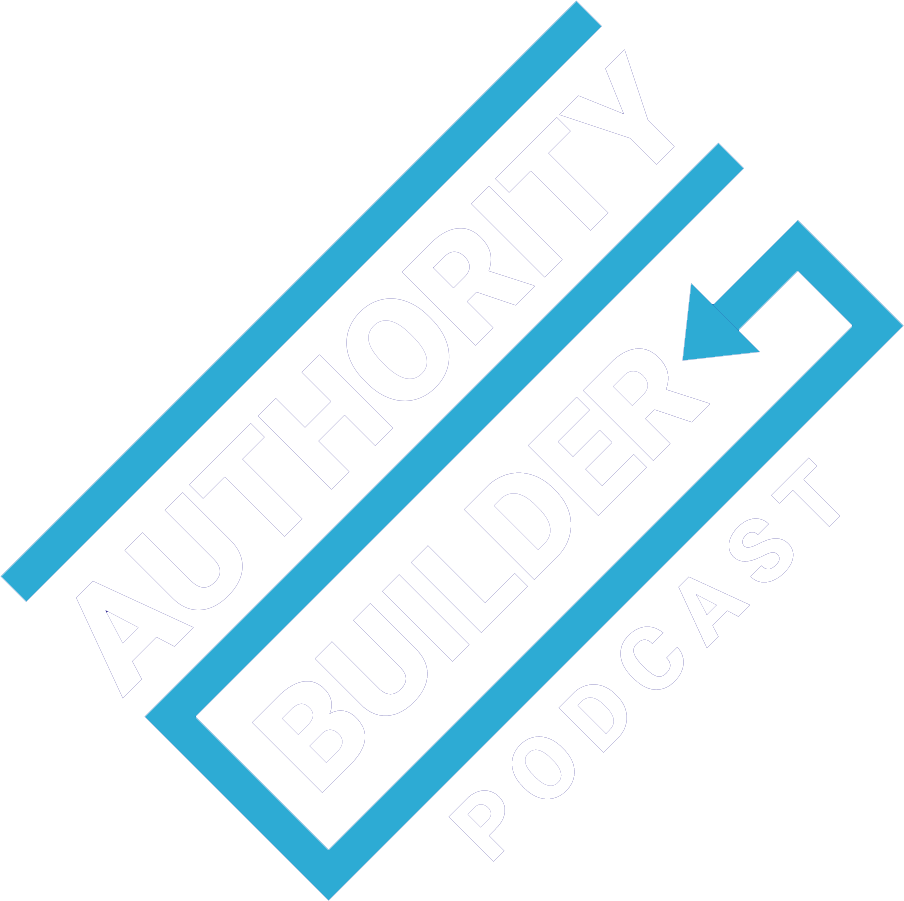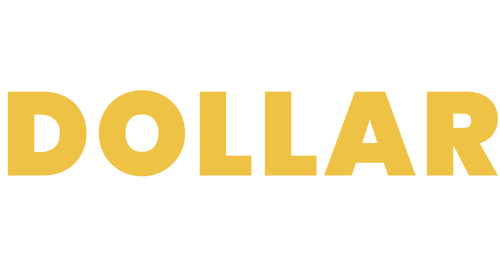SEO is the big buzzword in Internet marketing these days. But the majority of the apps, plugins, and “tricks” you hear about are just smoke and mirrors, says Brendan Hufford, SEO Director at Clique Studios.
To get that high Google ranking and the resulting traffic to your website you need a more methodical, thoughtful approach… and it’s actually easier to do. Plus, SEO isn’t the only element you need to succeed.
We unpack that strategy, which requires no expert knowledge or hired experts. He also tells us about one of the biggest life lessons he learned from one of his mentors that propelled his business forward: focus on what actually matters – and it’s not money.
Tune in to discover…
- How to create a marketing funnel that understands your audience
- The cluster content model
- The danger of forgetting about self-care – and the impact on your life and business
- Why failure is not always a learning experience
- And more
Listen now…
Mentioned in this episode:


